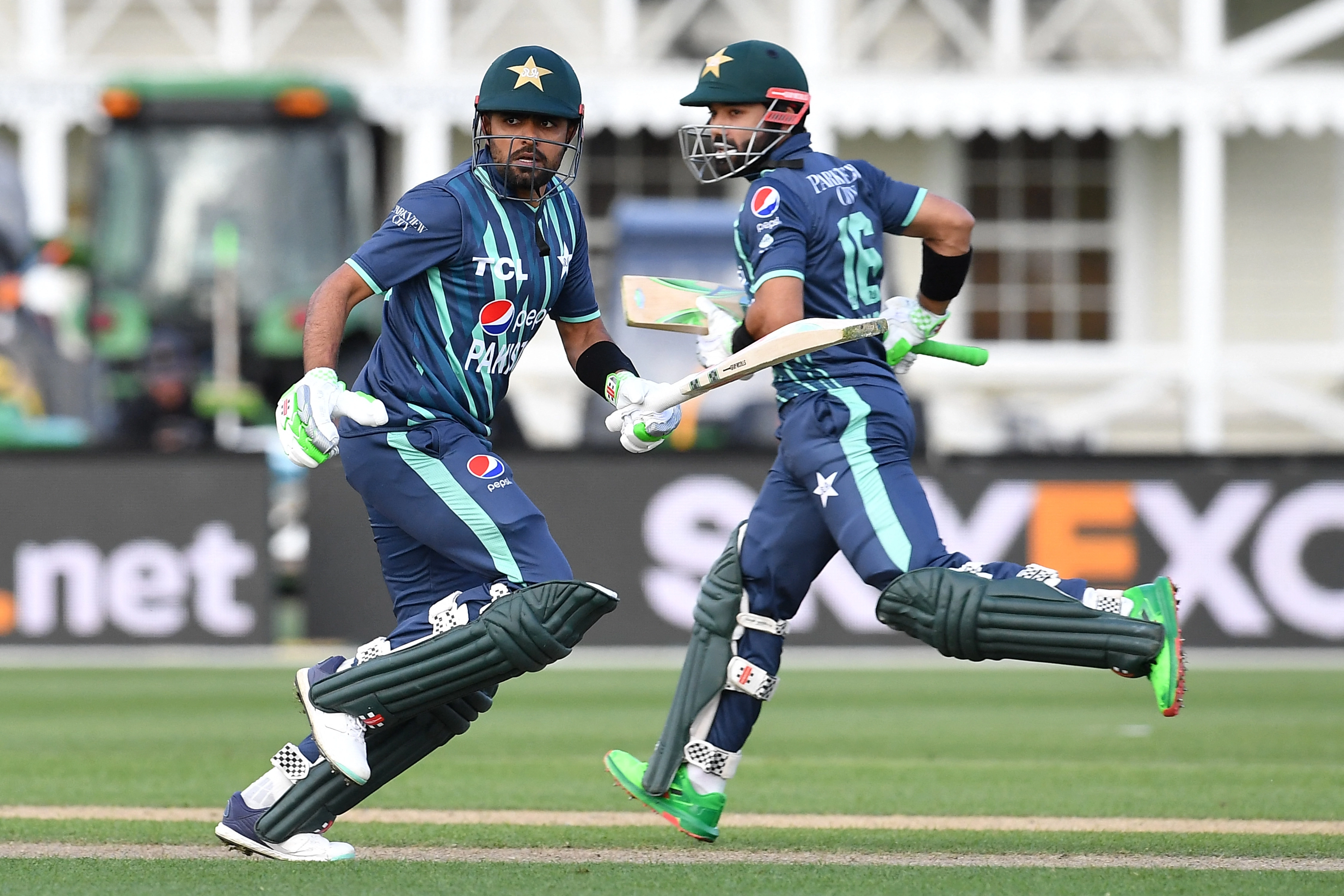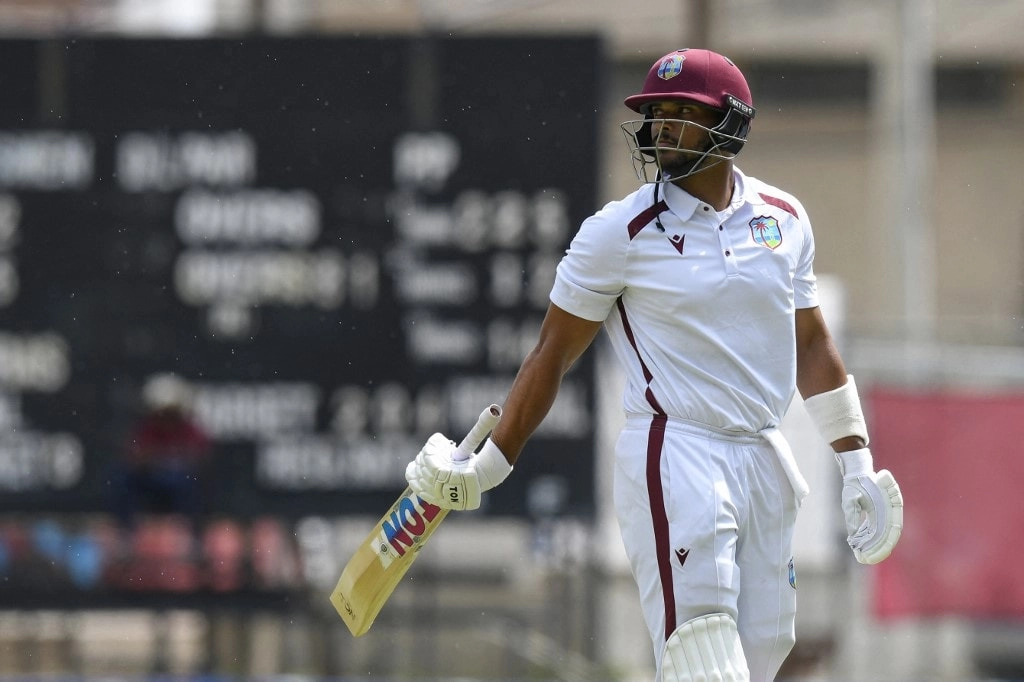Pakistan is making a significant last-ditch effort to persuade the International Cricket Council (ICC) regarding the contentious “handshake” dispute related to the Asia Cup 2025. The issue revolves around the tensions between cricketing nations in the region, particularly between Pakistan and India. These nations have a storied rivalry that extends beyond the cricket field, often spilling over into administrative and logistical challenges when it comes to organizing matches, especially in multi-nation tournaments like the Asia Cup.
Reports indicate that Pakistani officials are actively engaging with ICC representatives to find a resolution to this handshake controversy, which symbolizes broader diplomatic tensions. The handshake in question is emblematic of the need for cooperation and goodwill among participating nations. However, the longstanding political strife between Pakistan and India complicates such gestures, leading to uncertainty about the event’s future. If not resolved amicably, this dispute could jeopardize not only the Asia Cup 2025 but also future collaborations between the two cricketing giants.
As part of their efforts, Pakistan is seeking to highlight the importance of cricket as a unifying force in South Asia. They argue that fostering a spirit of camaraderie through cooperative gestures, like the handshake, can pave the way for more constructive dialogues and a smoother execution of the tournament. The Pakistan Cricket Board (PCB) is also emphasizing the economic benefits that a successful Asia Cup could bring to the region, including tourism and increased viewership, which are essential for the growth of the sport.
The ICC’s response to Pakistan’s appeals remains to be seen, but the situation underscores the complexities involved in organizing sporting events in politically charged environments. With 2025 on the horizon, time is of the essence for all parties involved to arrive at a consensus that not only respects the competitive spirit of cricket but also acknowledges the underlying geopolitical realities. The outcome of this diplomatic maneuvering could set a precedent for how cricketing ties are managed in a region where sports often reflect broader societal issues.




